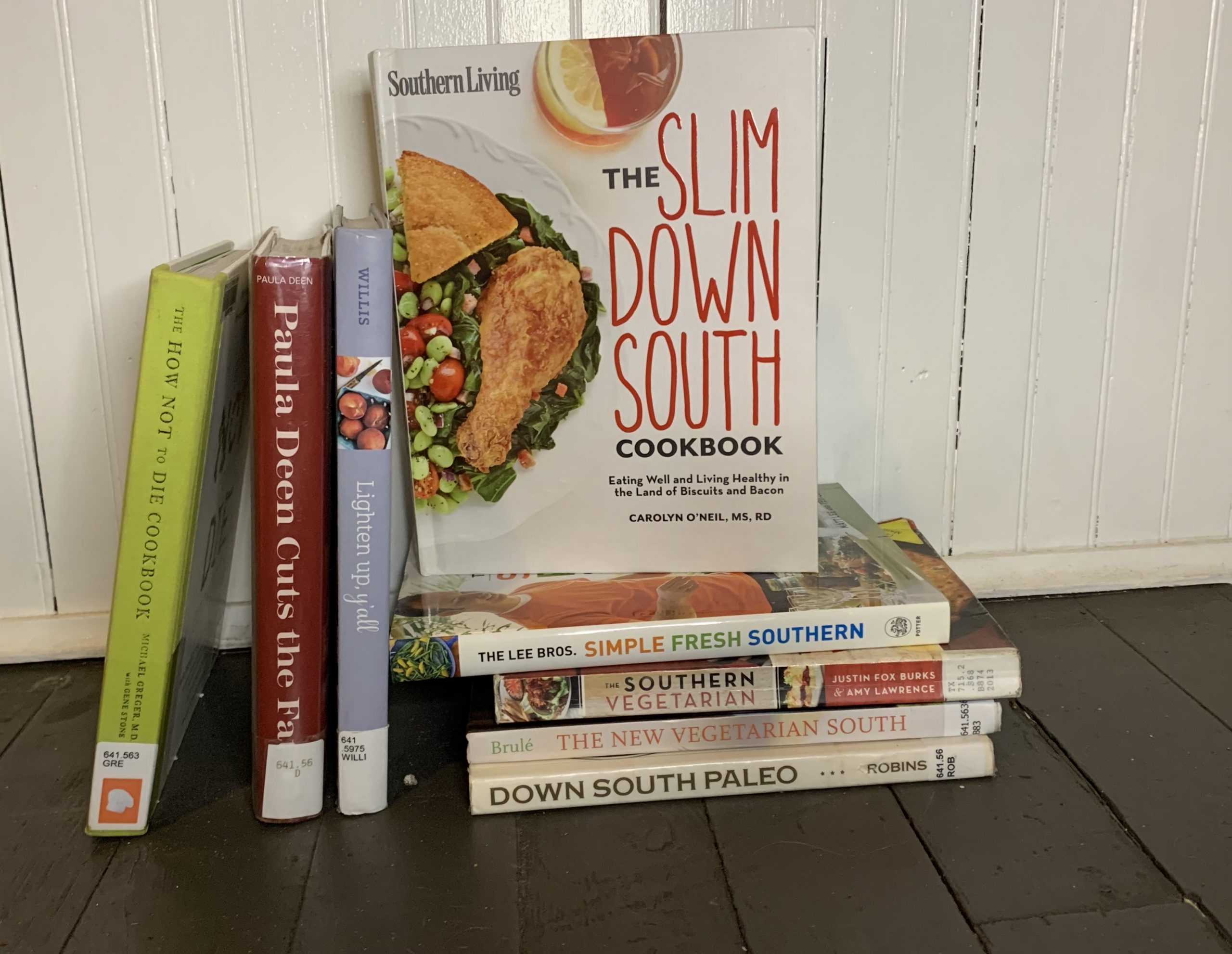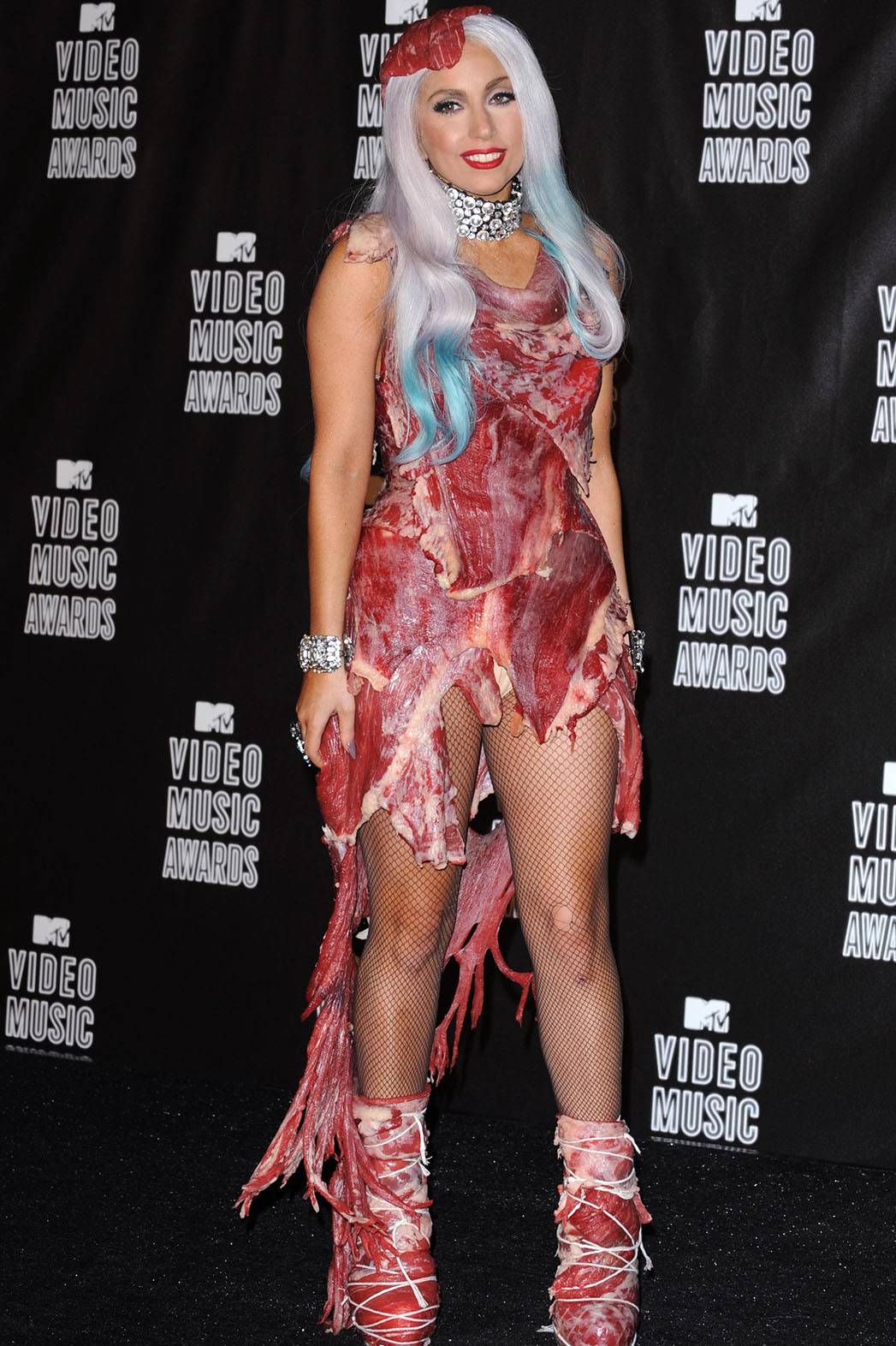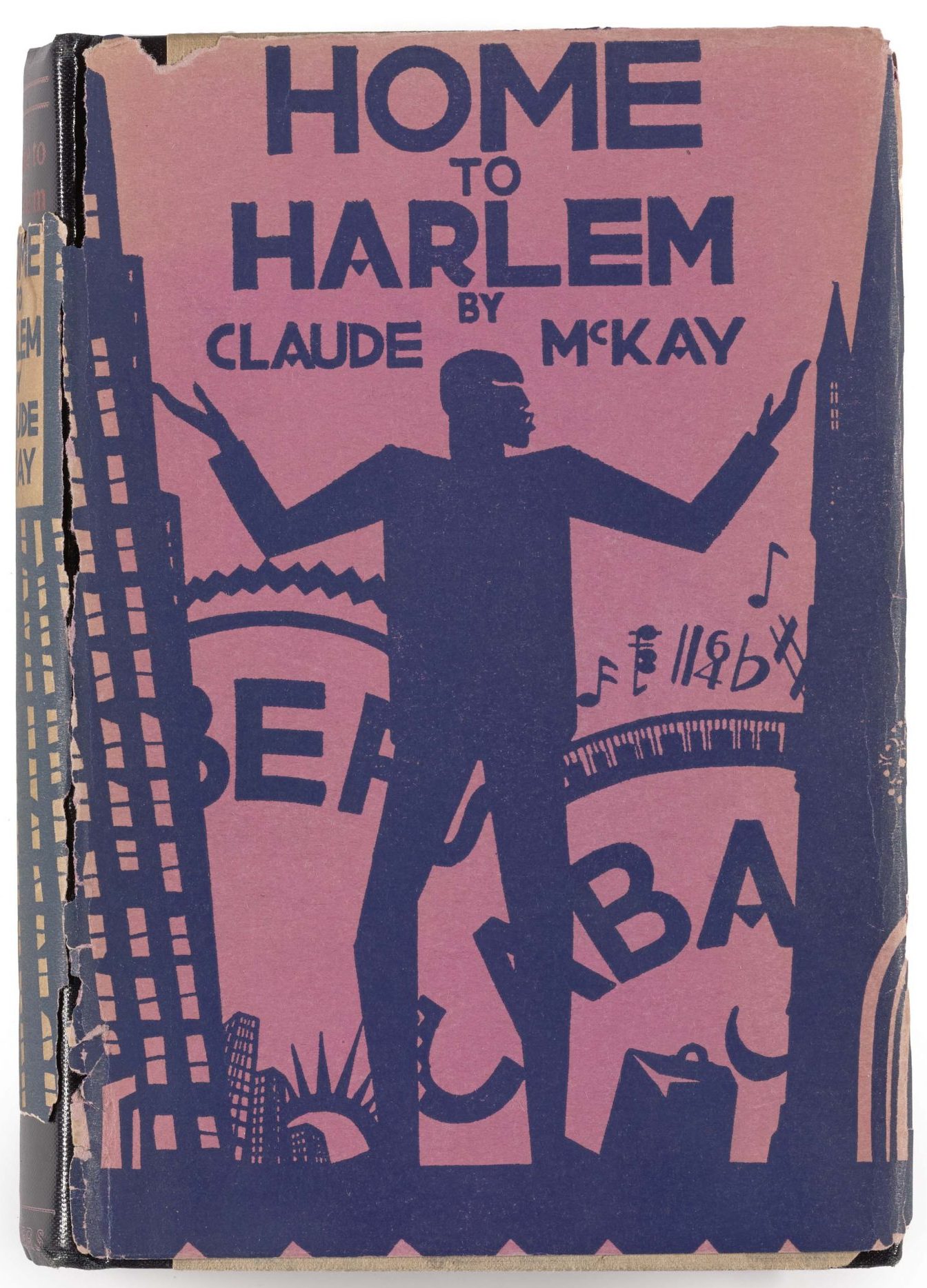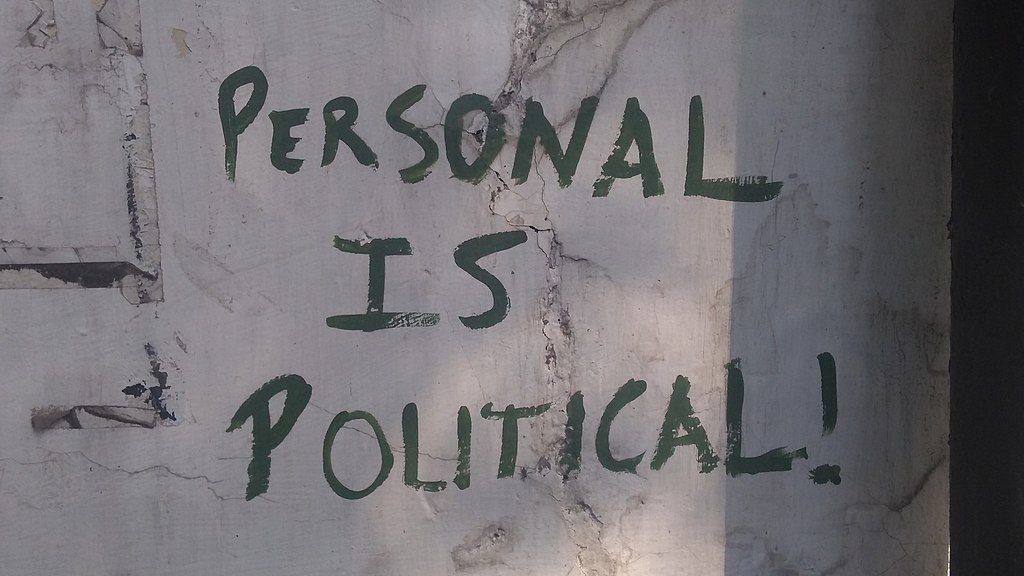Keep Southern and Cut the Fat: Negotiating Identity and Authenticity in Diet Cookbooks

John Egerton writes in Southern Food: On the Road, at Home, and in History that “the [U.S.] South, for better or worse, has all but lost its identity as a separate place.” However, Egerton quickly turns to food as one of the last distinct markers of Southern identity: “But its food survives — diminished, perhaps, in availability and quantity, but intact in its essence and authenticity — and at its best, it may be as good as it ever was” (3). For many folks who identify as Southern, cuisine is all that remains that makes Southern culture unique after cutting out all the problematic elements of an economy and culture built on enslaved labor, a history of racial violence and poverty, and other regressive…



